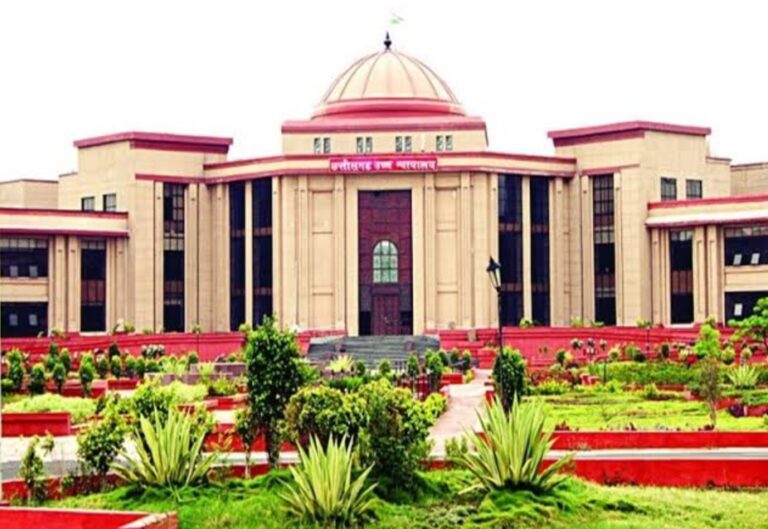In a significant tax ruling, the Chhattisgarh High Court has held that a bona fide belief combined with the genuineness of a transaction constitutes a valid “reasonable cause” under Section 273B of the Income Tax Act, 1961, thereby preventing the imposition of penalty under Section 271E.
Key Takeaways:
- Bona fide intent and genuine transactions protect taxpayers from penalties under Section 271E.
- Section 273B offers relief if a reasonable cause for non-compliance is demonstrated.
- Penalties should not be imposed merely for technical breaches that do not result in revenue loss.
Background of the Case
The case titled Sandeep Kaur Gill v. Union of India (TAXC No. 98 of 2023) involved an assessee who repaid a loan of ₹6,71,939 in cash to M/s. Tata Finance Corporation, related to a commercial vehicle loan. The Assessing Officer (AO), during assessment proceedings under Section 143(3) read with Section 147, found this repayment to be in violation of Section 269T, which mandates that repayment of loans above ₹20,000 must be made through account payee cheque or bank draft.
Following this, the AO initiated penalty proceedings under Section 271E of the Income Tax Act and imposed a penalty equal to the amount repaid in cash. The assessee explained that the cash payment was made at the insistence of the financer, due to delays in installment payments, and also furnished a supporting letter from M/s. Tata Finance Corporation. Despite this, both the Commissioner of Income Tax (Appeals), NFAC and the Income Tax Appellate Tribunal (ITAT) upheld the AO’s decision and dismissed the assessee’s appeal.
High Court’s Observation
The Division Bench comprising Justice Sanjay K. Agrawal and Justice Deepak Kumar Tiwari noted that Section 273B clearly provides that penalties under Sections such as 271E shall not be imposed if the assessee proves there was a “reasonable cause” for the failure. The court emphasized that the term “reasonable cause” is not defined under the Act but should be interpreted as a cause beyond the control of the assessee.
The High Court criticized all three lower authorities for mechanically applying Section 271E without considering the protection offered by Section 273B. It reiterated that technical violations, especially those that do not result in loss of revenue or intent to evade tax, should not attract penal consequences.
Verdict and Implications
Allowing the appeal, the High Court ruled in favor of the assessee, setting aside the penalty order. The bench held that since the transaction was genuine and undertaken under a bona fide belief without any intent to defraud the revenue, the penalty under Section 271E was not justified.
This judgment reinforces the principle that tax penalties should not be automatic but must be assessed in light of the taxpayer’s intent and circumstances. It is a noteworthy precedent for assessees facing similar penalty proceedings under technical provisions of the Income Tax Act.
Conclusion
The Chhattisgarh High Court’s decision in Sandeep Kaur Gill v. Union of India provides vital clarity on the application of Section 273B in penalty matters. Taxpayers can rely on this ruling when contesting penalties under Section 271E by demonstrating bona fide conduct and genuine financial transactions.
